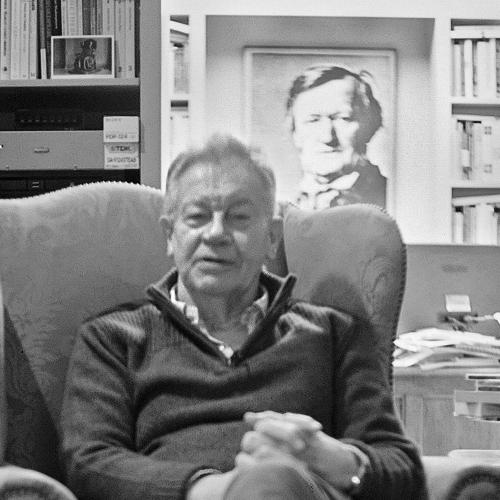COMPOSERS: Beethoven,Mozart
LABELS: ICA Classics
ALBUM TITLE: Beethoven • Mozart: Piano Concertos
WORKS: Beethoven: Piano Concerto No. 1; Mozart: Piano Concerto No. 12
PERFORMER: Leon Fleisher (piano); Kölner Rundfunk-Sinfonie-Orchester/André Cluytens, Georg Ludwig Jochum
CATALOGUE NO: ICAC 5121
It’s hardly possible to review any performance of Leon Fleisher’s without remembering the well-nigh tragic circumstances of the central period of his life: that when he was in his thirties, he began to suffer from a neurological disease of the right hand which meant he had no control over his finger movements. Thanks partly to Botox he recovered, and resumed his career, but only after several decades. These two performances are from the period shortly before his illness. The great Pierre Monteux described him as ‘the pianistic find of the century’ and though I have heard performances of these two works that equal these, I can’t think of any that surpass them. The Mozart is the last of the set of three piano concertos that precede the incredible works crowning his output. It is not as great as they are, but in the hands of Fleisher and Georg Ludwig Jochum it is a wonderful example of Mozart’s conversational give-and-take mode.
The Beethoven First, by comparison, is very grand indeed. That may be partly due to André Cluytens, who sets it moving as if he were Klemperer. Fleisher is in a mood to give as good as he gets, and this mighty work, at least as fine as any of Beethoven’s other Concertos, and possibly in the slow movement the greatest of all, might well have been called the Emperor if that hadn’t been awarded elsewhere. The sound is impressive, though both Concertos are in mono.
Michael Tanner

